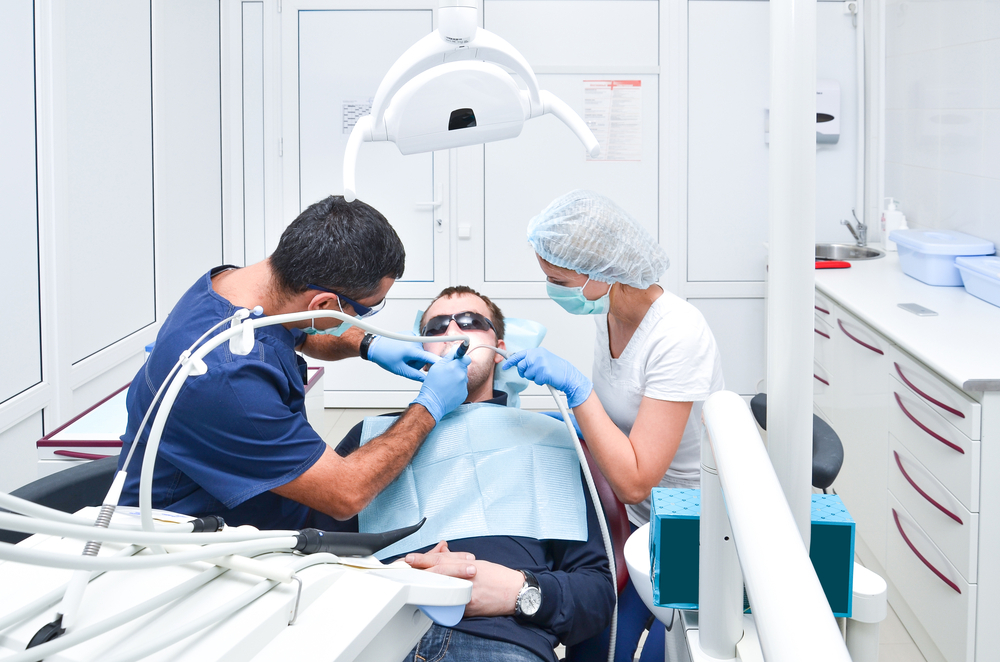Oral surgery is a specialized branch of dentistry that encompasses a variety of procedures aimed at treating and correcting issues within the oral and maxillofacial regions. While routine dental care can often address many oral health concerns, there are instances when oral surgery becomes necessary. In this blog post, we will explore the situations in which oral surgery in Sidney may be required, shedding light on the reasons and procedures involved.
What is oral surgery?
Oral surgery encompasses any procedure performed on your teeth, gums, jaw, or surrounding oral and facial structures. Among the procedures discussed are tooth extractions, dental bone transplants, periodontal (gum) grafts, and corrective jaw surgery.
When are dental surgeries needed?
An oral surgeon may be advised for dental or oral surgery in the situations listed below.
Reasons why patients may need oral surgery
You’ve been experiencing dental pain for several weeks. The ache has now become excruciating. Perhaps your jaw has been bothering you lately. Or perhaps you recently lost a tooth. Is a trip to the dentist near you sufficient? What if you require the services of an oral and maxillofacial surgeon? How did you find out?
1. Impacted Wisdom Teeth
One of the most common reasons for oral surgery is the extraction of impacted wisdom teeth. Wisdom teeth, also known as third molars, often emerge improperly due to limited space, leading to pain, swelling, and potential damage to surrounding teeth. Oral surgery is frequently recommended to remove impacted wisdom teeth and prevent complications.
2. Tooth Loss and Dental Implants
When a tooth is lost due to trauma or decay, oral surgery near you may be necessary to place dental implants. Dental implants act as artificial tooth roots, providing a stable foundation for replacement teeth. This surgical procedure not only restores the aesthetics of your smile but also ensures the functionality and health of your oral cavity.
3. Corrective Jaw Surgery
Abnormalities in the jaw structure, such as misalignments, may require corrective jaw surgery. This type of oral surgery aims to address issues with the temporomandibular joint (TMJ), improve facial symmetry, and enhance overall jaw function. Corrective jaw surgery can have both aesthetic and functional benefits.
4. Pathological Conditions
Oral surgery is often necessary to treat pathological conditions, including cysts, tumours, or infections in the oral and maxillofacial regions. Prompt surgical intervention is crucial to prevent the spread of disease, alleviate pain, and preserve overall oral health.
5. Orthognathic Surgery for Bite Correction
Individuals with severe bite issues, such as overbites or underbites, may require orthognathic surgery to correct the alignment of the jaw. This procedure not only improves the bite but also enhances facial aesthetics and may alleviate associated symptoms like headaches or jaw pain.
6. Soft Tissue Procedures
Oral surgery is employed for various soft tissue procedures, including gum grafts, frenectomies, and the biopsy of suspicious lesions. These interventions contribute to maintaining healthy gums, resolving speech issues, and diagnosing potentially serious conditions.
Visit an oral surgeon
While routine dental care and preventive measures can go a long way in maintaining oral health, there are instances where oral surgery becomes necessary to address specific issues effectively. If you experience persistent oral pain, notice abnormalities, or have concerns about your oral health, consult with your dentist in Sidney or oral surgeon to determine the most appropriate course of action. Oral surgery, when performed by skilled professionals, plays a crucial role in restoring and preserving the health and functionality of your oral cavity.
There are numerous other occasions when dental or oral surgery may be recommended. It is preferable to speak with an oral surgeon directly to learn more. An evaluation can be performed to determine any requirements. In addition, questions can be answered and problems addressed. Reach out to us right now to arrange a consultation or to find out more.









